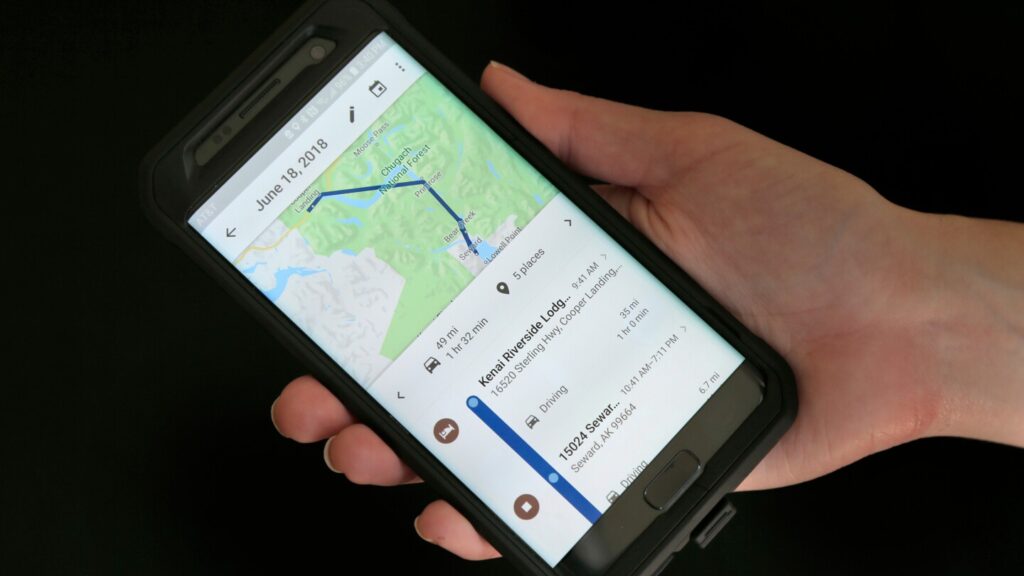Google Maps is heading in a new direction with artificial intelligence in the passenger seat.
Powered by Google’s Gemini AI technology, the world’s most popular navigation app will become a more conversational companion as part of a redesign announced Wednesday.
The hands-free experience aims to make Google Maps a kind of insightful passenger that can guide drivers to their destinations while also offering recommendations for nearby dining, shopping, and attractions when asked for advice.
“No more fumbling. Now just ask,” Google promised in a blog post about the app revamp.
The AI feature is also thought to allow Google Maps to be more accurate by calling up landmarks to show you where to turn, rather than relying on distance notifications.
AI chatbots like Gemini and OpenAI’s ChatGPT can sometimes fall into manufactured states, known in technical parlance as “hallucinations,” but Google promises built-in safeguards will prevent Maps from accidentally steering drivers down the wrong path.
All the information Gemini uses is hand-picked from the approximately 250 million locations in Google Maps’ review database over the past 20 years.
Google Maps’ new AI features are rolling out to both Apple’s iPhone and Android mobile devices.
Considering navigation apps are used by more than 2 billion people around the world, Google’s Gemini will likely find a large audience that will either be impressed or disappointed with its AI capabilities. Google hopes it will be a showcase that not only makes its AI capabilities even more essential, but also gives Gemini a competitive edge against ChatGPT.
Starting with OpenAI’s ChatGPT release in late 2022, Google has been steadily rolling out proprietary technologies designed to ensure its products continue to evolve in line with the upheaval caused by AI. The changes include an overhaul of Google’s ubiquitous search engine, de-emphasizing lists of relevant web links within results and increasingly emphasizing AI summaries and conversational responses provided through AI mode.

